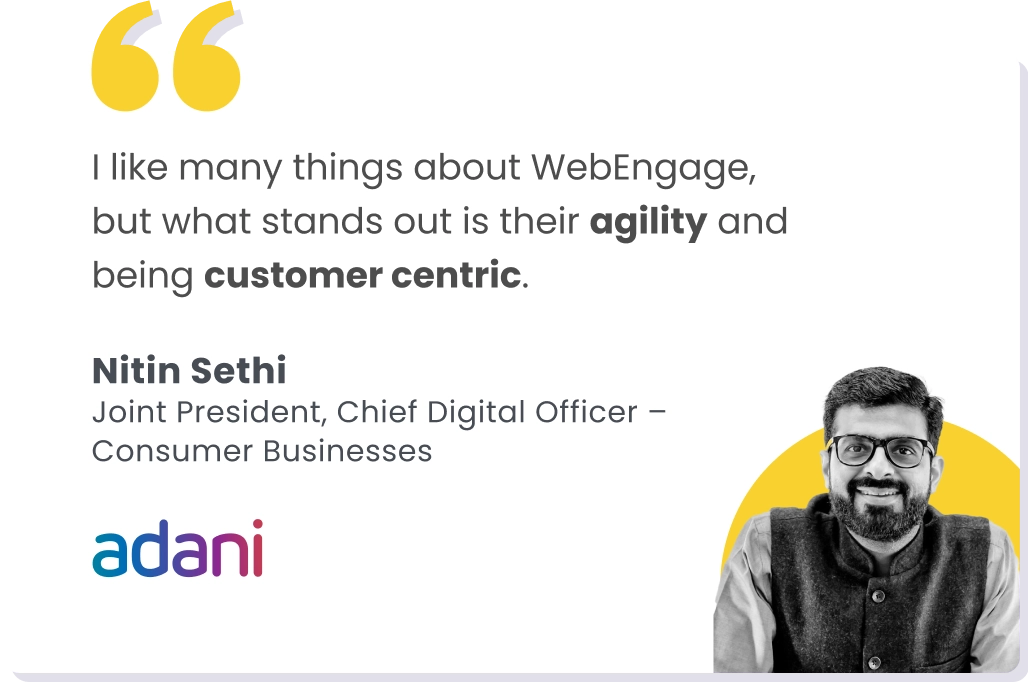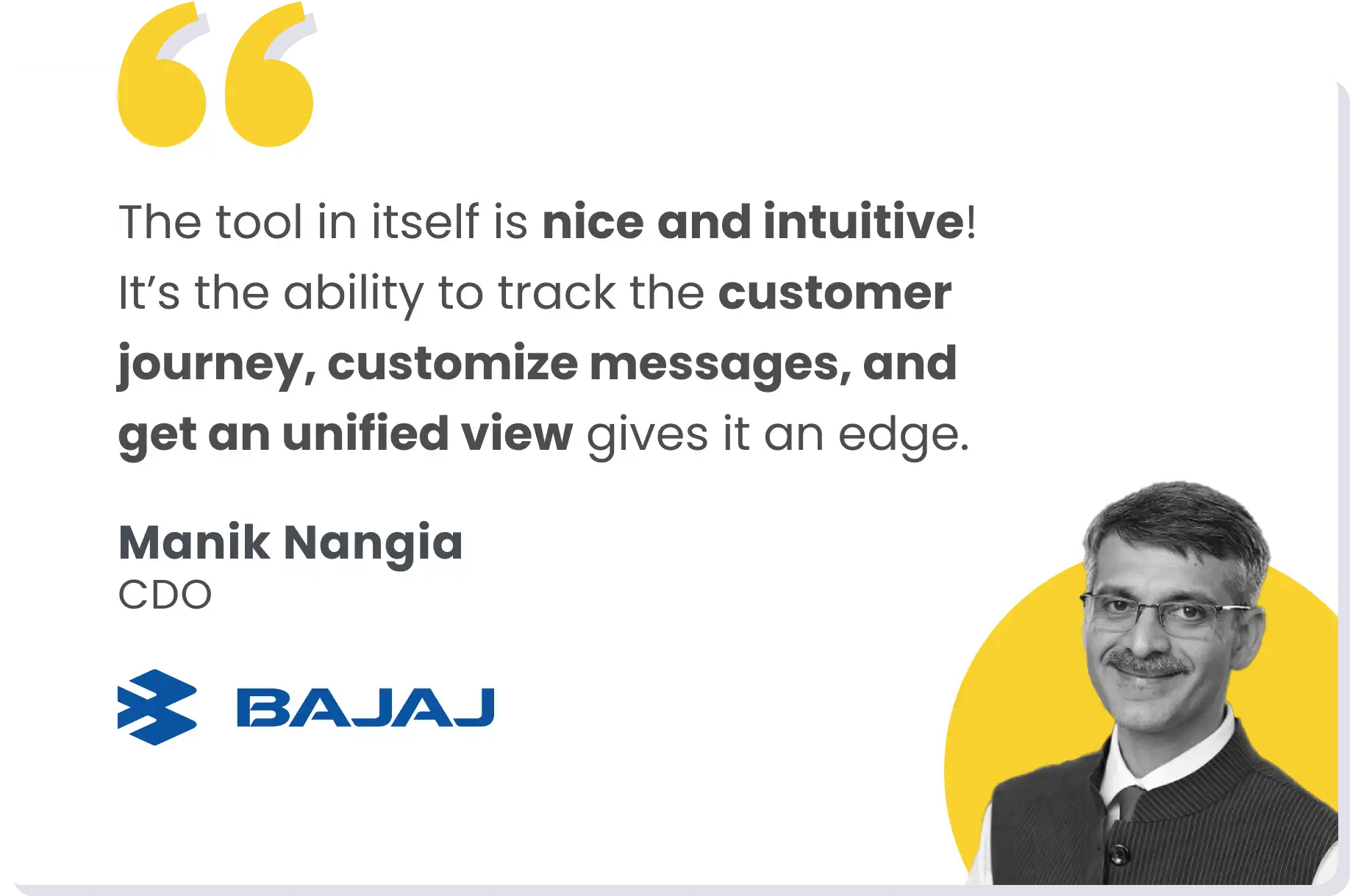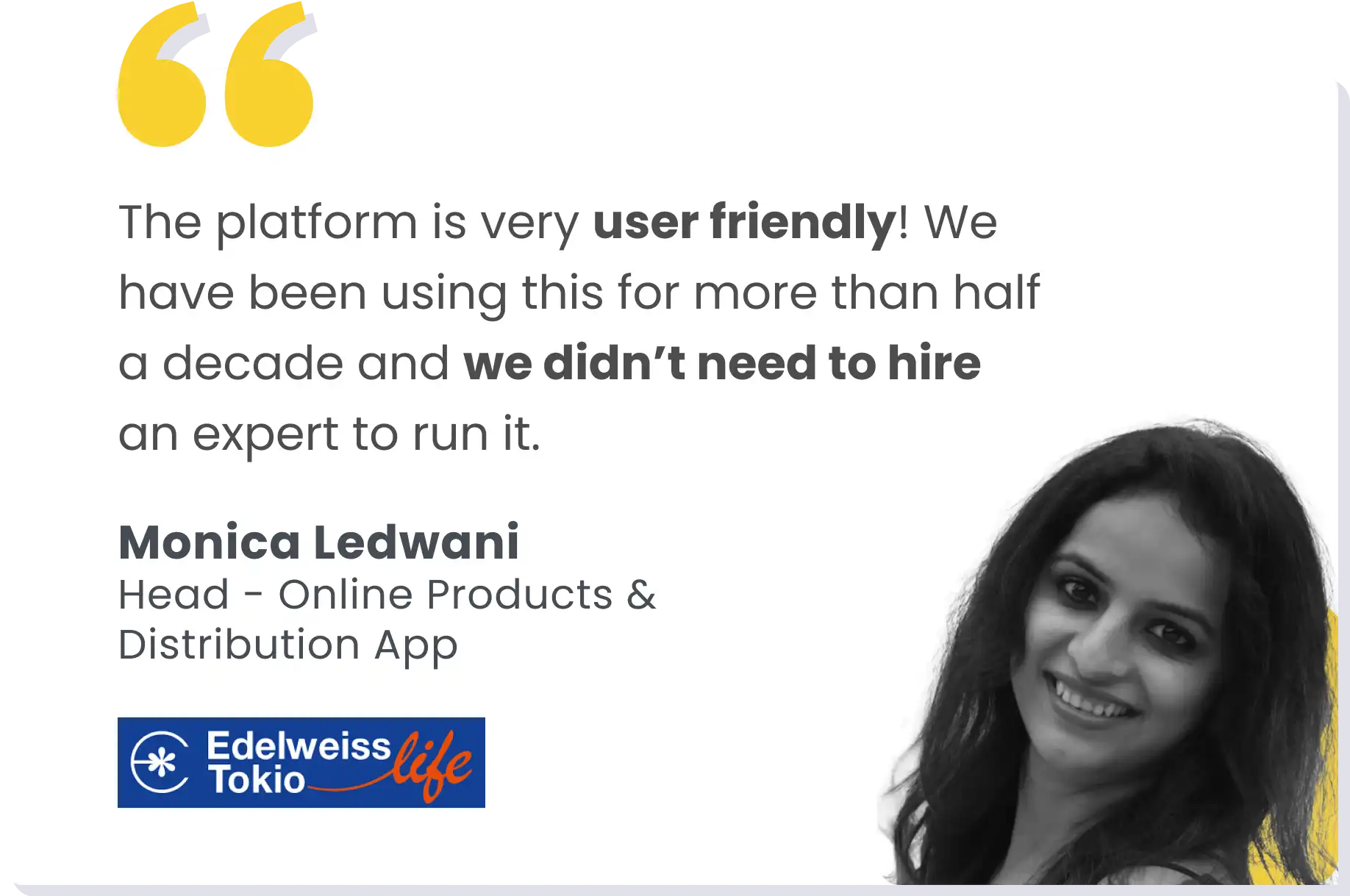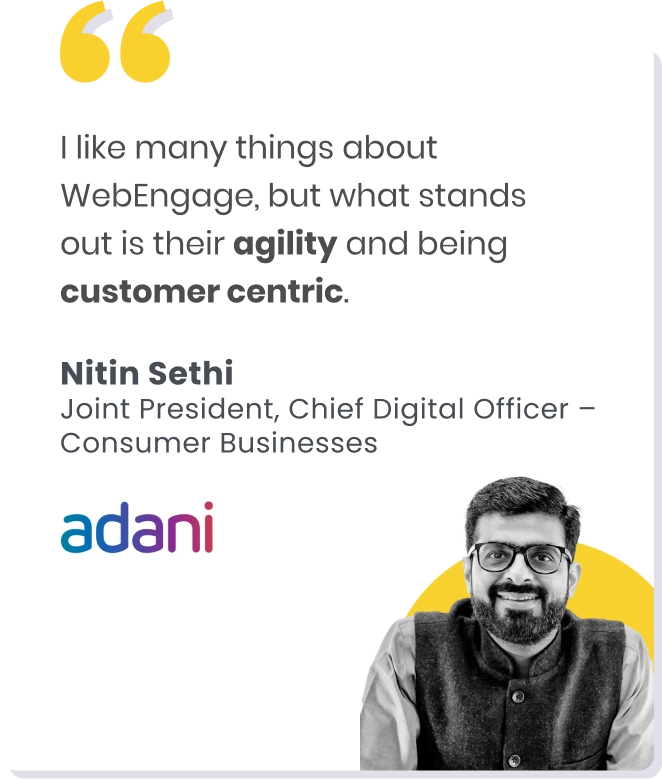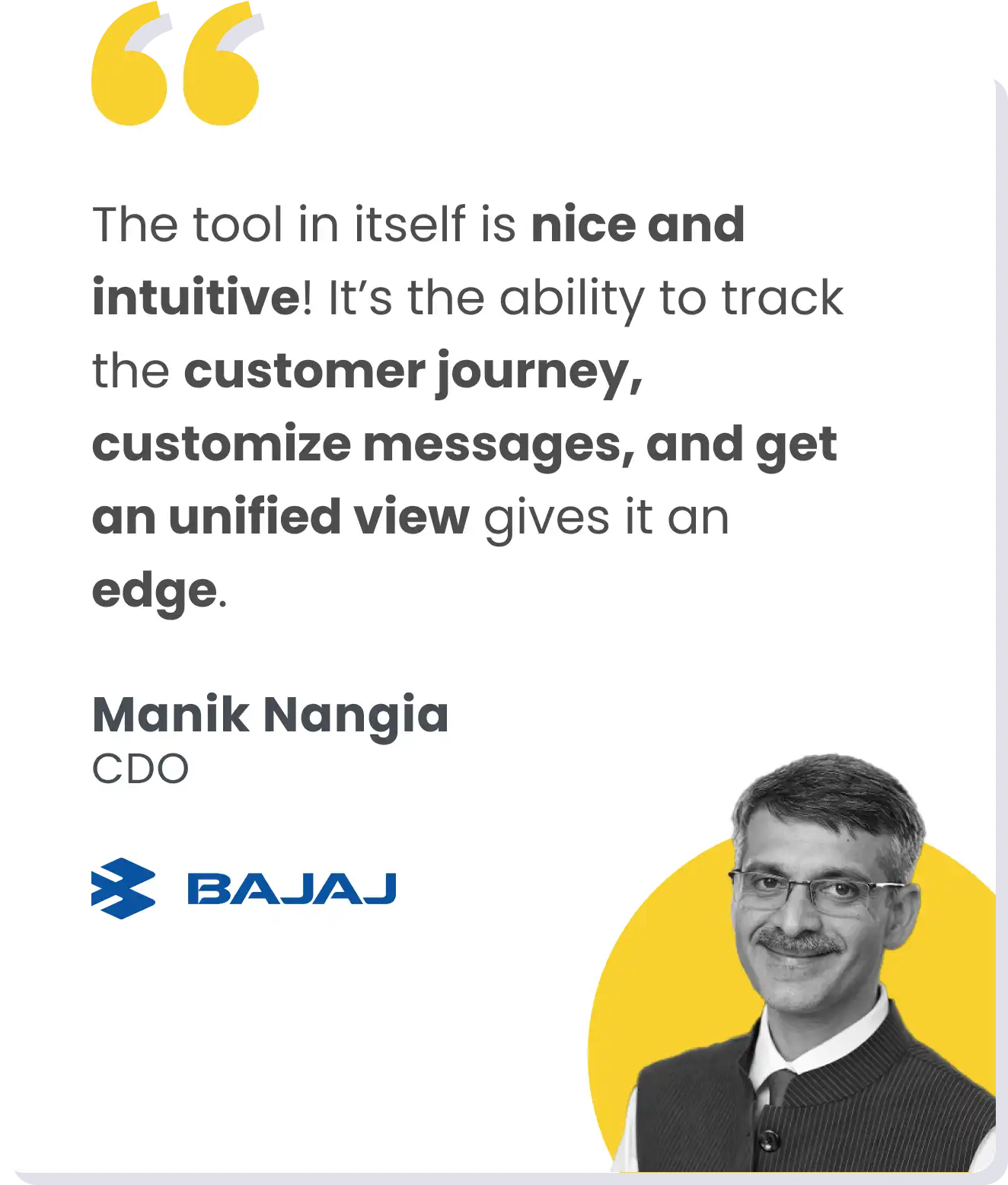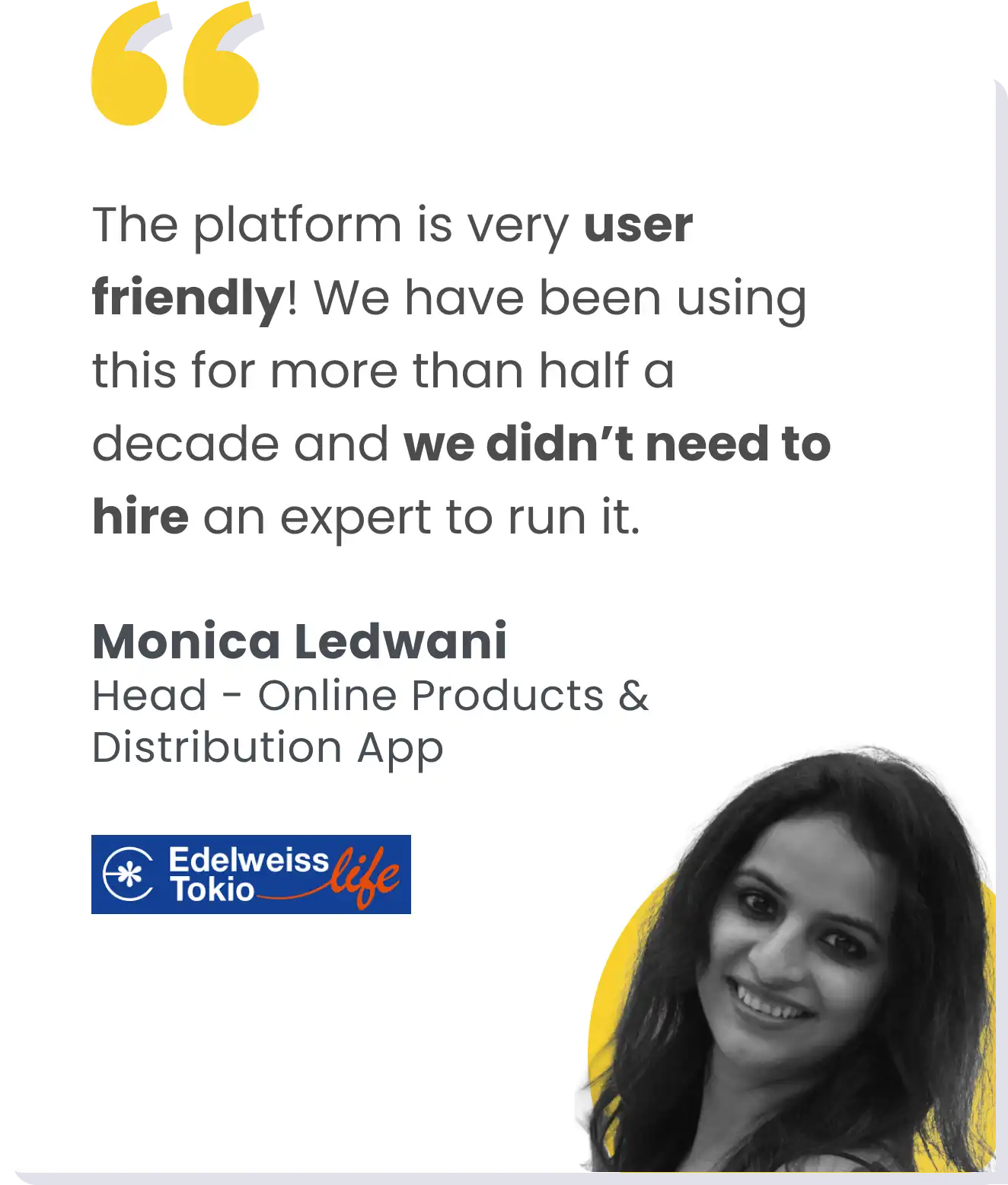What do Elon Musk, Steve Jobs, and Mark Zuckerberg share in common? They are all visionary leaders focused on building enduring businesses. They never ceased at the standard business norms of chasing growth and staying out of debt. They went beyond the traditional barriers by disrupting industries with their innovation-led products and services. Four years ago, Elon Musk was written off by everybody possible, and today it is a trillion-dollar company! In short, being a leader or a founder requires great resilience, maturity, and critical thinking to build sustainable business growth.
Talking about the maturity of the founders in India’s startup ecosystem, the biggest quality of being a mature founder is clearly understanding their current and future goals. When we asked Rajan Anandan, the Managing Director of the Surge Program at Sequoia Capital, about his thoughts on this, he said, “I still see many startups that are driving more of a ‘Let’s get to Growth! Growth! Growth! with a low retention approach. But the truth is that’s just not a winning strategy for enduring business. It just hasn’t won anywhere, and it’s not going to win.”
Traits of a Seasoned Startup FounderIndia’s startup ecosystem has improved drastically compared to a decade ago. Modern-day founders are open to experiments and failures, leading to much learning that transforms them into more experienced and seasoned leaders. Most of the startups’ journey begins with failure. Every founder who rose to success today has tasted the bitterness of failure. Explaining this further, Rajan said, “So, when I say the ‘quality of founders has improved,’ I mean that a lot of founders who are starting up today are either second or third-time founders, or they spent several years in a unicorn company or what we call, an academy company like a Google or a Facebook or an Amazon or a Flipkart before taking the big leap.”
Founders today are no beginners and come with a huge amount of experience with access to all the necessary tools like video, blogs, and other formats of content. Unlike old-school leaders, they seek guidance from various entrepreneurship programs which helps them design, configure and accelerate their vision, increasing their chances of success.
The Perils of Growth Without PMF
There are exceptions to everything in life, which also applies to business leaders. Not all startup leaders are visionaries. Only a handful of startups become successful, out of which a minuscule percentage bloom into enduring businesses. These are the companies that are built thoughtfully. However, there are others who keep repeating the same mistakes, putting their business in jeopardy. One such mistake these leaders make is scaling their business without PMF (Product-market fit).
“When you have raised a good amount of capital, it’s natural to get carried away and feel tempted to prioritize growth over retention. But growth without PMF (Product-market fit) is the fastest way to kill your startup.”, says Rajan.
With PMF, startups can measure their product status in the market and demand among their customers to drive sustainable growth and profitability. Rajan says, “Founders should maintain a capsule team unless they have PMF. They should focus on iterating and evolving rather than driving growth because, without PMF, all your growth is going to be non-sticky. So, all this boils down to one thing, focus on a retention-first approach, get your PMF, and move to growth.”
To check if you have a good PMF, you can conduct a cohort analysis of your product, do a/b testing, and analyze the retention rate for each product version. The higher the retention rate, the better your PMF for that particular product.
Framework to Build a Resilient Business
Building an enduring business is not an easy feat. Evidently, the failure rate of startups is higher than the success. Different industries have varied needs for which they seek PMF, and this is where people make the mistake of over-investing in marketing without understanding their PMF metrics. That’s why Rajan has created a go-to framework that every business can use to deploy their capital meaningfully and build a prudent business ecosystem.
1. Be MINDFUL of the funding cycles
Be wary of the alternating funding cycles when driving growth. As a founder, you must understand that the market works in cycles (Boom and Bust Cycle). As you tread through the boom cycle, ensure to keep a two-year runway to endure the bust cycle. The boom-bust cycles last for varying time duration from several months to years.
The boom and bust cycle denotes the oscillating phases of economic growth and decline, typically witnessed in modern capitalist economies. These cycles are driven by the market and economic status as much as the investor and consumer psychology.
2. Build the RIGHT team
Building the right team with the right skills is crucial in scaling a business. To build the right team, you need to be competitive in giving compensation and hire exceptional talents to build high-quality products.
3. BATTLE for your users’ attention
As someone rightly said, choose your battles wisely. So instead of focusing on beating the competition, obsess over how your product can win and delight more customers. This does not mean ignoring your competition. It means you track, understand, and learn from them but do not get overwhelmed.
4. EVALUATE your LTV: CAC ratio
Ensure your LTV (LifeTime Value) to CAC (Customer Acquisition Cost) is high. You can derive this with a simple math of dividing LTV by CAC. If it is on the lower side, it means you do not have a good PMF. The higher the LTV : CAC ratio, the better.
5. OPTIMIZE your Growth Channels
Assuming you achieved PMF, use your capital to invest and experiment at a low scale with multiple channels, enabling you to reach and engage with your customers to drive business growth. Instead of investing in five random channels, filter out the most scalable and cost-effective channels, and optimize them fully before moving to the next one.
6. Pay ATTENTION to Employee Net Promoter Score (NPS)
Analyzing employee NPS helps businesses to determine their employees’ loyalty toward the organization. Manager NPS is the main driver of employee NPS. If a Manager’s NPS or even NPS, in general, is below average, it indicates your work culture and management needs to improve.
To sum it up, in order to build enduring businesses, founders need to put retention at the front seat of their operations instead of a growth-at-all-costs approach to drive success. However, growth is always subjective and not limited to revenue. As a founder, you must focus on the ‘right kind of growth.’
The below points are the precursors of growth:
- Finding your PMF before scaling to the next level. Expanding without considering PMF metrics is a recipe for disaster.
- Leveraging NPS to understand customer response towards the product helps you identify the factors driving a good PMF.
- Ensuring a high LTV to CAC ratio in order to build a good PMF.
- Lastly, building a mission-led company. Invest in missionaries over mercenaries. Mercenaries work for money while missionaries work for a mission, and a company driven by mission inspires such talents and translates to great work culture.
We thank Mr. Anandan for sharing his valuable insights with us.
Contribution: Rajan Anandan








